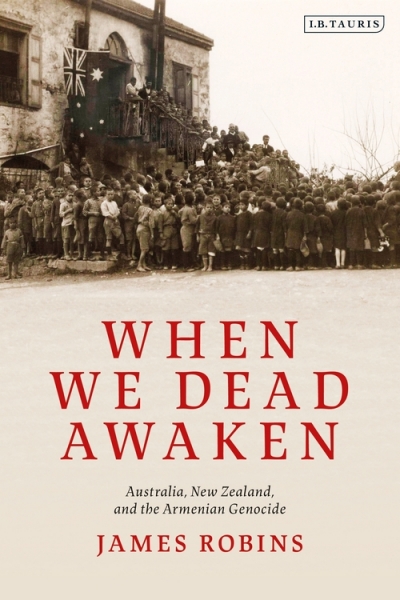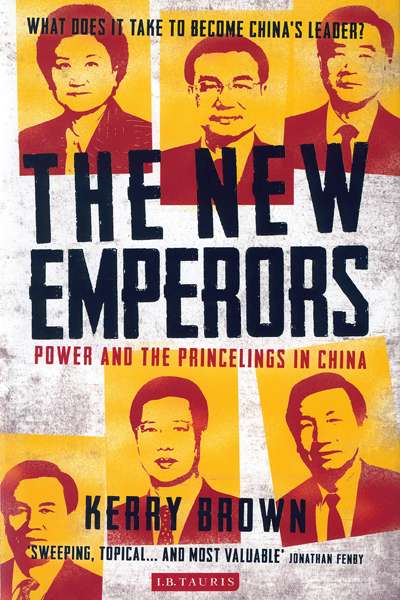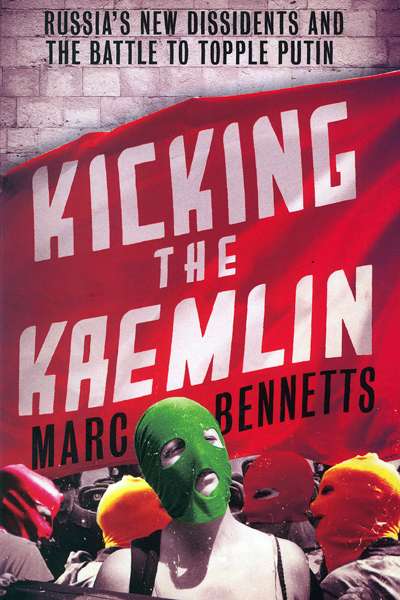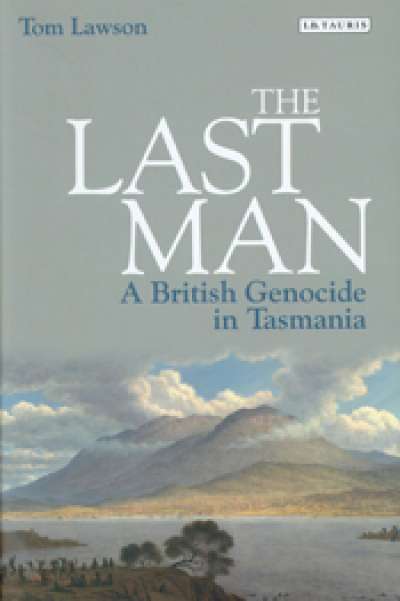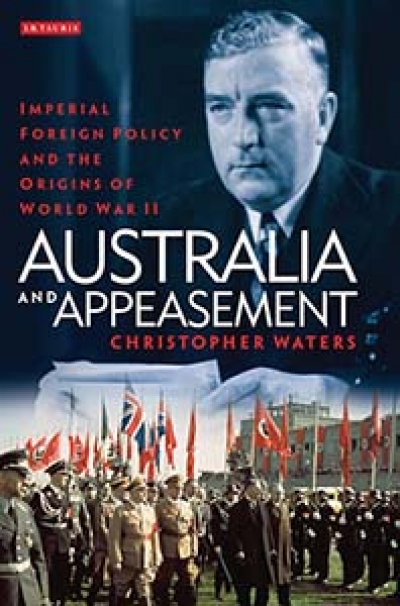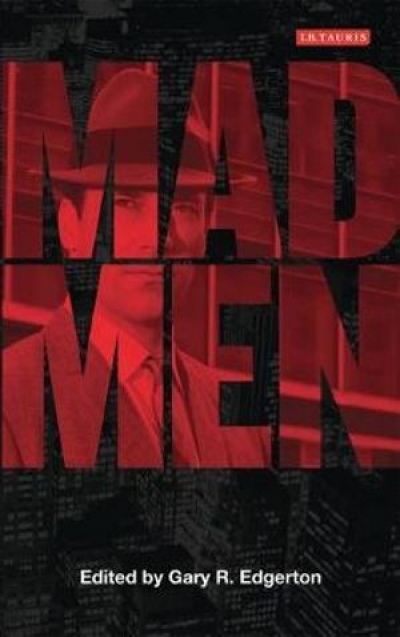In 1969, an Anzac veteran visiting Gallipoli fell into conversation with a retired Turkish school teacher. The teacher had with him a guidebook featuring a quote from Şükrü Kaya, the former head of the Ottoman Directorate for the Settlement of Tribes and Immigrants. The quote came from a 1953 interview Kaya gave, in which he recalled a 1934 speech he made on behalf of Mustafa Kemal, a sentimental entreaty to Anzac mothers to ‘wipe away’ their tears. The teacher shared Kemal’s supposed words with the Australian visitor, who returned to Brisbane and passed them on to Alan J. Campbell, a Gallipoli veteran. Campbell, who was involved in the creation of a Gallipoli memorial in Brisbane, contacted the Turkish Historical Society to verify the quote. They could only confirm Kaya’s 1953 interview, but this was considered good enough. In this convoluted way, ‘the most iconic refrain of Anzac Day’ ended up on the memorial’s plaque, attributed to Kemal, with one addition. Campbell invented the now well-worn line about ‘the Johnnies and the Mehmets [lying] side by side’.
...
(read more)

